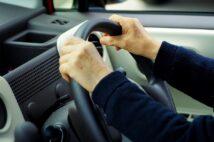The commercial opens with a tantalizing vision and a climax of music. The doors open wide to reveal a sunny patio and a smiling couple waiting for their meal. "How long we've been waiting to go out with our friends," asks the narrator. "With Green Pass, the door opens before your eyes... We are getting back to life."
This is a commercial made to promote the Israeli Vaccine Passport. Still, for those who have spent a year in lockdown to varying degrees, the ad is like catnip to cats. Will I be able to return to normal life after being vaccinated? And if he could go back, what proof would he need?
There are still a lot of unknowns about the new coronavirus vaccine, and there are many issues surrounding the implementation of vaccination. That said, airlines, music event venues, Japan, the UK, the European Union and others are considering Vaccine Passport programs. ).
Some supporters of the vaccine passport, as seen in one side of the heated debate taking place in Thailand, are seeking to stimulate the economy of the hard-hit tourism industry by attracting foreign tourists. Some are focusing on ending quarantine isolation for Others envision creating a two-stage system, following Israel's example. Those who have been vaccinated enjoy the benefits of post-pandemic life, while those who have not yet waited to be vaccinated. What is happening in Israel offers a glimpse of these prospects. And about the problems that these systems face.
How the vaccine passport works
The Israeli Vaccine Passport was announced on February 21 as a program to help the country emerge from a month-long lockdown. Those who have been vaccinated can download a dedicated app that will allow them to show their "Green Pass" when asked to do so. For those who have recovered from the novel coronavirus disease (COVID-19), the app will also show their certificates (many of the countries' proposed passport systems have made it difficult for them to identify themselves as dangerous, such as recent negative certificates). It offers multiple ways to indicate that you are not, and the Israeli government says that option will also soon be introduced into the app, which is particularly useful for children too young to receive a licensed vaccine. considered to be). Officials hope that the benefits of the Green Pass will encourage Israelis, many of whom are young, who are still hesitant to get vaccinated.
"People who get vaccinated want to know that something will change, that they will feel better." Nadav Eyal, a prominent TV journalist, said: “People want to know that they can return to some degree of normalcy.”
However, despite the hype, it is still too early to tell how well the Israeli program will actually work, or what it means for vaccine passports in general. . Some ethicists argue that such programs threaten to perpetuate existing inequalities. And these inequalities are already happening in Israel. For the small number of Palestinians in Israeli-occupied Gaza and the West Bank, access to vaccines is very limited.
Greenpass could also be a nightmare for individual privacy, said Orr Dunkelman, a professor of computer science at the University of Haifa and a board member of Privacy Israel. Professor Dunkelman says Greenpath exposes information that people checking credentials don't need to know. It is information such as the date when the user recovered from the new coronavirus infection and the date when the vaccine was taken. Additionally, dedicated apps use outdated encryption libraries, making them relatively vulnerable to security breaches. And very importantly, the app is not open source, so third-party experts cannot verify whether these concerns are well-founded.
“This could be a disaster at any moment,” says Ran Bar Zik, a columnist for the Haaretz newspaper.
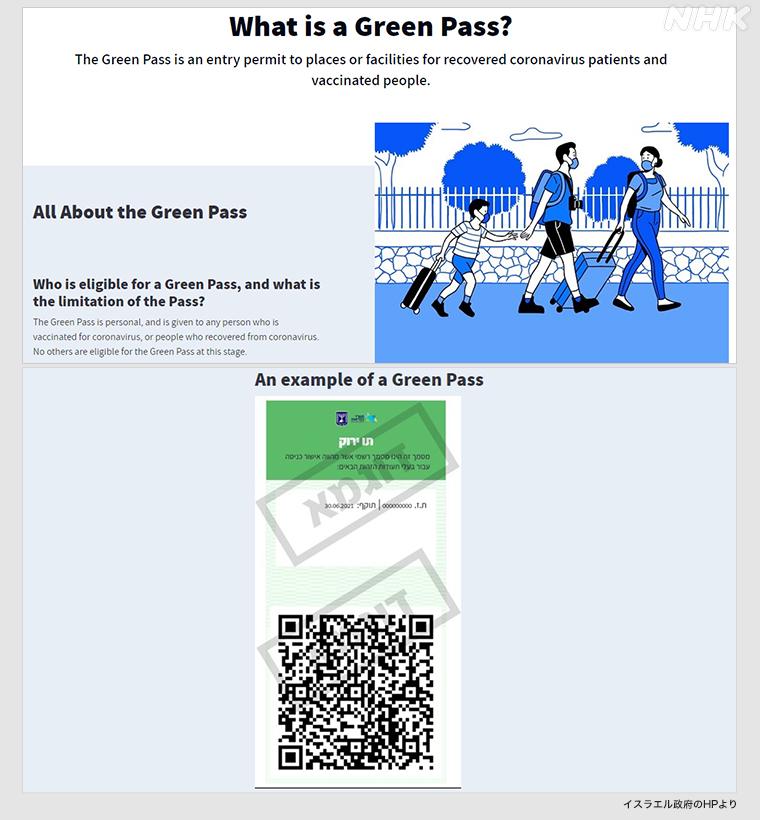
Zik recommends another option currently available under the Greenpass program. An alternative to using the app is to download a paper vaccination certificate. Despite being able to do so, apps are still thought to be the most popular way to prove that you have been vaccinated.
In the United States, developers are working to address these privacy concerns ahead of a large-scale vaccine deployment. Associate Professor Ramesh Laskar runs the PathCheck Foundation, a non-profit organization at the Massachusetts Institute of Technology (MIT). The foundation has partnered with design consultancy Ideo to develop low-tech solutions, and their prototype uses paper cards. It's similar to the paper cards that are currently handed out to people who have been vaccinated.
This paper card may allow you to provide multiple proof methods. By making it scannable in QR code format, concert gatekeepers can be shown only vaccination status, while health care providers can be presented with more informative options.
"When you're riding a bus or entering a concert, you need a solution that's very easy to use and provides some degree of privacy protection," Lasker said. However, in some situations, you may need to provide more information. For example, airlines need proof of identity, and hospitals need accurate medical records.
But the problem goes beyond making sure you don't have to give your personal information to enter the bar. Privacy is important to both illegal immigrants and those who distrust the government, Lasker said. He adds that it's important that companies don't repeat the mistake of creating "hackable repositories" when looking at people's information.
As of now, Lasker wonders if commercial interests are getting in the way of making something simple. At the very least, software companies that want to show off something they can later reuse in more profitable ways won't make a lot of money by building something simple. Compared to Israel, "the United States unnecessarily complicates things," says Lasker.
It is not clear what the United States, which unlike Israel does not have a national identity card or centralized medical record system, should do to quickly introduce a vaccine passport.
However, whichever option ends up being the most popular, there's certainly a side to the idea that's not advertised. For example, there are suggestions that teachers and medical staff should be required to submit a vaccination certificate or a negative certificate when entering the workplace.
This could be a disproportionate violation of an individual's right to privacy, said Dr. Amir Fuchs, a researcher at the Israel Democracy Institute. Still, "most people understand the rationale that getting vaccinated means fewer restrictions."
Despite progress in vaccine delivery, all these passport efforts are still in their early stages. The Passcheck Foundation idea is being considered for a pilot project, but has not yet been deployed. In Denmark, the vaccine passport remains more of a prospect than a plan. And even in Israel, the vision set forth by the government's propaganda is still merely aspirational. Green Pass holders may get access to pools and concert venues, but cafeterias and restaurants are still closed anyway. No one can use it, whether they have a pass or not.
◆◆◆
This article is part of the Pandemic Technology Project, supported by the Rockefeller Foundation.


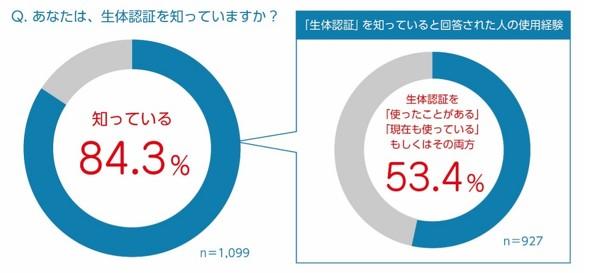
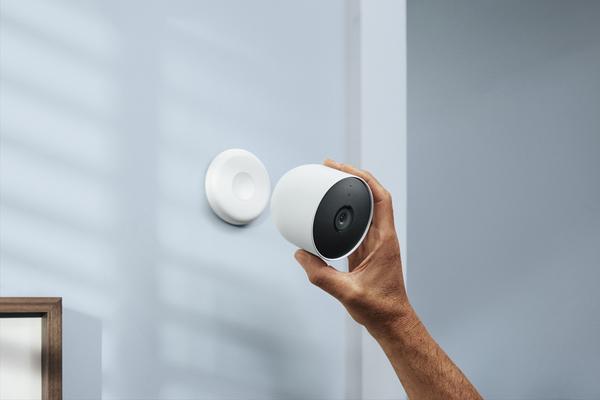
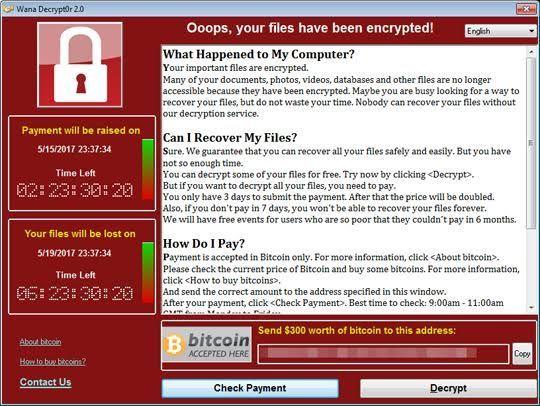
![Customized items for the new "Toyota Noah / Voxy" appear from Modellista [Tokyo Auto Salon 2022] [News]](https://website-google-hk.oss-cn-hongkong.aliyuncs.com/drawing/article_results_9/2022/3/28/2fb1fdedaad7536dd6271db30561f588_0.jpeg)
![[New Toyota Voxy (90 series)] Amplifies the characteristics of the aero body! A design that further enhances the power of the front mask! #Works direct custom deep layer 001](https://website-google-hk.oss-cn-hongkong.aliyuncs.com/drawing/article_results_9/2022/3/25/01568e2fbf021c0eaf7d013507c850a4_0.jpeg)
![[Toyota Noah / Voxy new model] Modellista releases various customized parts ... Actual vehicle exhibited at Tokyo Auto Salon](https://website-google-hk.oss-cn-hongkong.aliyuncs.com/drawing/article_results_9/2022/3/25/8268612c1e5941e62d3dfd07f8991b2f_0.jpeg)

